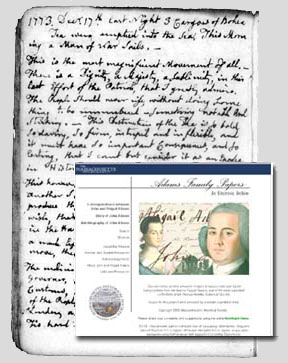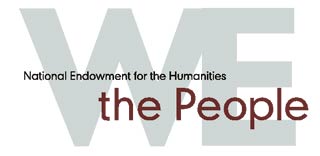John Adams diary 19, 17 December 1773, pages 28-30

From the Adams Family Papers
The transcription of this diary entry is featured on the Adams Family Papers: An Electronic Archive website.
Online display of the entry for 17 December 1773 in diary 19, page 28 .
An Intrepid Exertion of Popular Power
On 17 December, John Adams opens his diary and writes out his thoughts on the events of the previous evening, including his view of their causes and likely repercussions. Adams, a well-respected attorney, is a devoted patriot. He is also, however, committed to the rule of law, as is evident in his defense of the English soldiers in the Boston Massacre trial. Indeed, Francis Rotch, in trying to determine his rights and responsibilities in the prickly case of returning the Dartmouth to London, has consulted Adams.
Questions to Consider
1. John Adams lives in Braintree, but he also does business in Boston. Where does it appear that he was on the evening of 16 December?
2. Who does Adams blame for the destruction of the tea? How does he characterize the actions of the patriots that resulted in that destruction?
3. What response does Adams anticipate from the ministry in London? What are his fears?
4. Do you identify any bias in Adams' remarks? If so, specify it, being sure to offer evidence for your opinion. Do you think Adams would have described his response to the incident differently in a letter to his friend Jonathan Sewell, who had loyalist sympathies?
Funding from the Massachusetts Society of the Cincinnati supported enhancements to this website.



